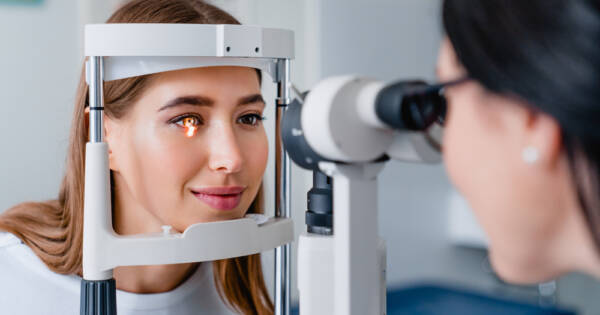Chronic obstructive pulmonary disease (COPD) is a progressive lung condition affecting millions, characterized by restricted airflow and breathing difficulties. Effective management includes smoking cessation, medication, oxygen therapy, and lifestyle changes. Understanding the key strategies and innovations in COPD treatment can help enhance your quality of life and longevity.
Managing Chronic Obstructive Pulmonary Disease (COPD)
Chronic obstructive pulmonary disease (COPD) is a progressive lung disease that affects millions of individuals, characterized by restricted airflow and breathing difficulties. While there is no cure, various treatment options can help manage symptoms and enhance quality of life. Key components of effective COPD management include quitting smoking, leveraging medication, and embracing lifestyle changes.
Quitting Smoking: A Critical Step
Smoking cessation is paramount in halting the progression of COPD. Tobacco smoke is the leading cause of the disease, damaging the airways and air sacs in the lungs. Quitting smoking can significantly improve respiratory health and overall quality of life. Numerous resources, such as nicotine replacement therapies and stop-smoking programs, support individuals attempting to quit smoking. Additionally, support groups provide the necessary emotional encouragement to foster success.
Medication Options for COPD
Medications play a vital role in managing COPD symptoms. Bronchodilators and inhaled corticosteroids are commonly prescribed to relax airway muscles and reduce inflammation, respectively. Long-acting bronchodilators provide sustained relief, while short-acting options offer rapid relief during flare-ups. Some patients may benefit from combination inhalers that integrate these medications, simplifying treatment schedules and improving compliance.
Oxygen and Advanced Therapies
Oxygen therapy is also crucial for individuals with severe COPD, where low blood oxygen levels hinder daily activities. It compensates for the oxygen deficiency and can enhance the quality and longevity of life.
Therapy is tailored to individual needs, requiring continuous use or only during physical exertion. For some, advanced treatment options like biologics and stem cell therapy are being explored as potential innovations in COPD care.
Importance of Pulmonary Rehabilitation
Pulmonary rehabilitation offers a comprehensive approach to managing COPD, combining exercise, education, and counseling. It empowers patients to control their disease, improve lung function, and enhance life quality. The program includes activities aimed at strengthening respiratory muscles, nutritional guidelines, and psychological support to address any associated anxiety.
Surgical Interventions
For patients with severe COPD unresponsive to conventional treatments, surgical interventions such as lung volume reduction surgery, bullectomy, or lung transplants may be considered. These procedures aim to improve respiratory capacity, though they come with associated risks. Such surgeries are typically reserved for select cases due to their invasive nature.
Lifestyle Changes and COPD Management
Beyond medical treatments, lifestyle adjustments are pivotal in managing COPD. Patients are advised to avoid lung irritants such as secondhand smoke and pollutants. Proper nutrition and maintaining a regular physical activity regimen are essential for conserving energy and supporting respiratory health. Practices like tai chi, yoga, and guided relaxation support physical and mental well-being, improving overall health outcomes.
Preventing Exacerbations
Frequent symptom exacerbations can lead to severe complications, including lung failure. Immediate medical intervention with antibiotics, steroids, or oxygen therapy is necessary for managing these episodes. Regular medical evaluations and vaccinations are also critical in preventing infections and avoiding symptom flare-ups.
Why You Should Learn More About COPD Today
Living with COPD requires a proactive approach to health maintenance and symptom management. Understanding the available treatments, from medication and lifestyle changes to advanced therapies and surgical options, can empower individuals to improve their quality of life significantly.
Keeping informed about the disease enables patients to participate actively in their care, make informed decisions, and adopt strategies to tackle challenges posed by COPD. By staying updated with recent advancements, individuals can effectively navigate the complexities of COPD and lead fulfilling lives.





